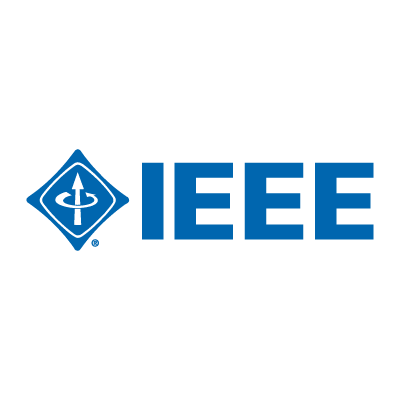Scientific Production
derived from this project



by Dias, Paulo Victor; Goncalves, Helena; Silva, F. O.; Duque, Jorge; | October, 2023 | Keywords : Blockchain HEI Framework Hyperledger Hyperledger Fabric
Cite as
Abstract: Over the past decade, significant technological advancements have taken place, with a strong focus on systems designed to enhance the security and reliability of distributed data across various sectors, both public and private. Among these technological innovations, blockchain technology has emerged as a standout paradigm, offering unique characteristics that guarantee data security and reliability in different applications. The model presented represents a culmination of efforts that trace their origins to the Ethereum platform, restructured to align with Hyperledger Fabric. This transformation elaborated according to the comprehensive analysis of various Hyperledger frameworks involving segmentation, comparison, and selection of components that augment the model's conceptual foundation. The overarching objective of this article is twofold: firstly, to delve into the exploration of Hyperledger technology, substantiating the rationale behind the chosen implementation model, and secondly, to showcase the model's restructuring within the framework presented. A central facet of this article is a compelling case study that illustrates the transformative potential of blockchain technology in reshaping existing systems and processes. Specifically, integrating Hyperledger Fabric as an enterprise-grade technology underscores its role in facilitating the practical implementation of blockchain solutions. Ultimately, the primary contribution of this article lies in its endeavour to formalise knowledge surrounding blockchain technology applicability and to underscore its potential societal and organisational benefits. By presenting a well-structured model and a practical case study, this work aims to advance the comprehension of blockchain's relevance and capacity to drive positive change across various domains.
Blockchain and Digital Signature Supporting Remote Assessment Systems: A Solution Approach Applied to Higher Education Institutions Scope
by Paulo Dias, Firmino Silva | 2023 | Keywords : Blockchain HEI Plagiarism tools Digital signature e-Learning Remote assessment
Cite as
Abstract: The realization of remote assessment, supported by Information and Communication Technologies, is an issue of great concern for Higher Education Institutions. The phenomena of fraud and plagiarism are frequent, difficult to detect, and reached high values during the Covid-19 pandemic. Although tools that mitigate these practices already exist, these phenomena still represent a barrier to the full execution of distance assessment elements. This research work proposes to develop, through knowledge of the state of the art, a technological framework that involves components that can address the difficulties in which the remote assessment process relies. Plagiarism detection tools, Digital Signature principles, and Blockchain are analyzed as potential components of the framework and that may constitute a new approach in mitigating or eliminating the use of plagiarism or e-cheating factors in remote assessments. These factors are identified, aggregated, and classified to be addressed by the technological components of the framework. The main objective of the framework is to contribute to the improvement of information security and reliability in the assessment system in distance learning in Higher Education Institutions.
A blockchain-based framework solution to enhance the remote assessment process in HEIs
by Paulo Dias, Firmino Silva, Antonio Godinho | 2023 | Keywords : Blockchain HEI e-Learning Remote assessment EVM Remix